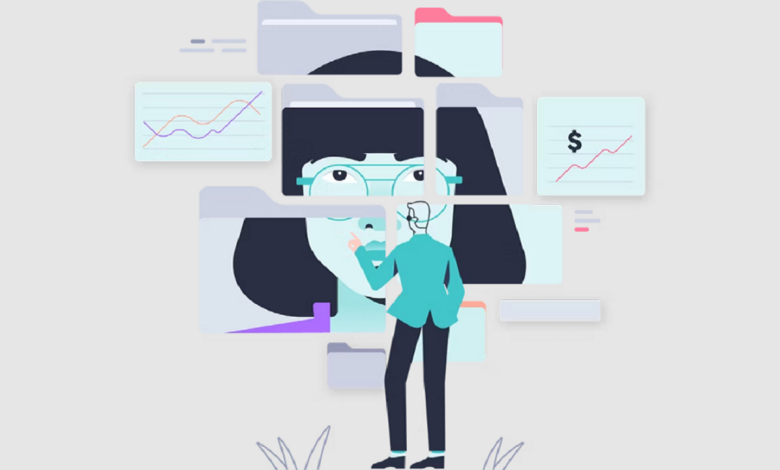Artificial intelligence and privacy issue
Artificial intelligence and privacy issue
The use of artificial intelligence was like a fantasy in the past. Something expressed in science fiction movies that we would probably be surprised to encounter hundreds of years from now. Today, we encounter many different types of artificial intelligence in our daily lives, and we are rarely surprised. Today, we easily encounter the diversification of artificial intelligence in our daily lives; From a translator tool that helps us order food while on vacation in other countries, to robot vacuum cleaners that map our homes , to Google Maps, which suggests an alternative route to avoid traffic jams caused by an accident .
A feature common to all these types of AI is that AI collects large amounts of data, which can be perceived as a breach of privacy. While data collection may be perceived as a threat to privacy, it is data that helps AI evolve, learn, and evolve from where it is today. Depending on the type of AI you interact with, you will need to provide varying amounts of personal information to it for it to evolve.
One of the most popular and attractive tools these days is ChatGPT.
This chatbot was made by the OpenAI artificial intelligence company using powerful artificial intelligence and is used in chatbot-based conversations.
ChatGPT can create stories, provide relationship advice, create resumes and cover letters, answer complex questions, summarize articles, write original songs, and perform many mind-blowing activities. This is a question many of us often face: Will artificial intelligence take over the world?
The truth is that artificial intelligence like ChatGPT has the potential to take over (what exactly is up for debate), but there is another concern we need to address. Some of our personal information is stored by artificial intelligence and the question is; For what purpose is this information used? Debating whether intelligent robots enslave humans may sound like a fascinating conversation, but we really need to talk about privacy issues in AI.
Privacy concerns
When we talk about digital privacy, we usually talk about identity theft and data breaches by hackers such as credit card number theft, phishing methods to get passwords and so on. But what about the personal data we knowingly provide to artificial intelligence? As AI continues to become more popular and popular, AI data privacy has emerged as an emerging issue.
In April 2023, ChatGPT introduced the ability to turn off conversation history as an option to the current opt-out process so that your conversations are not used to train and develop models. OpenEye says: “With chat history disabled, we retain new conversations for 30 days and only review them as necessary to check for abuse before they are permanently deleted.” Unless you increasingly follow the policies of every technology you come across, you’ve probably entrusted your personal data to an artificial intelligence system without realizing the possible consequences.

ChatGPT is just one of the popular examples of AI that collects data.
Another widely used AI tool is face generators and artificial intelligence art. Social media platforms are full of this type of artificial intelligence that encourages you and your friends to upload selfies or download an app to create attractive, personalized avatars that look just like you. So who owns the final image and for what purposes can it be used? Even most of the current laws do not agree on the ownership of artificial intelligence-created art. Depending on the company’s privacy policy, even the original images you upload to an AI may be sold for the company’s business purposes or to a third party, causing your information to go where you don’t expect.
We are used to entering our full name and email address, allowing websites to access our location, and using facial recognition software; so we present our photos to a super-intelligent AI, asking us to save our home address for future reference, or a chatbot in our personal life doesn’t seem so strange to us. The more common these things become, the lazier we become.
It is important to understand that artificial intelligence is not bad, but we should approach it carefully and cautiously when it comes to our personal information. You need to be more careful when you use AI for business purposes or for your employer. It’s always better to be cautious when it comes to data privacy and artificial intelligence.
Is your personal information online?
Have you ever thought about how much of your information falls into the hands of third parties like data brokers or hackers in data breach attacks? Just because your information isn’t openly sold doesn’t mean it’s secure. Most of us cannot remember which AIs we interacted with, what kind of information we transmitted or accessed.











